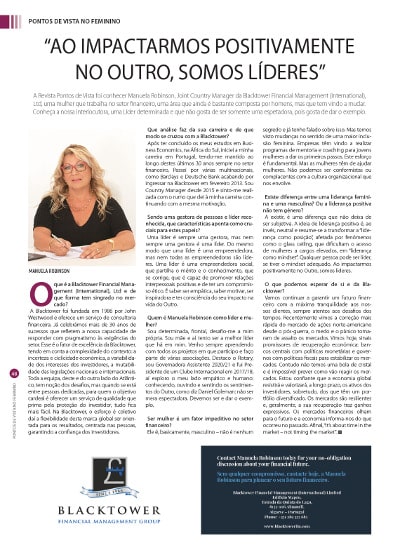And although there is still the prospect of the UK negotiating an EU-wide deal, there remains the possibility that it could be negotiated on a country-by-country basis.
As it stands, 472,000 expats in the EU receive the automatic annual state pension increase, which is certainly a better deal than that received by more half a million pension-eligible UK expats living elsewhere in the world. Australia, Africa, Canada and India are just some of the countries where expats don’t receive state pension increases; there are other places outside of the EU – for example US, Jamaica, Israel, Switzerland and the Philippines – that do allow expats to receive their full, adjusted entitlement.
Fortunately, for retirees who want to transfer their private pension to a QROPs or QNUPs scheme, it is still possible to do this – despite speculation that Brexit might end this arrangement.
QROPs really do represent a prudent wealth management option for many pensions savers. Under the arrangement up to £1 million can be transferred into a QROPS without the incurrence of any UK tax penalty. And once the initial transfer has been made, it is perfectly possible to top up the fund without picking up further penalty.
There are so many situations where QROPS is the best expat pension option. For example, where an employer has offered a cash buy-out QROPS can be a way of moving money to a place where it is protected from legislative changes or financial uncertainties – even final salary schemes can be transferred into a QROPS.
One thing that might benefit British expats is a new group which has recently been established to fight for the rights of British expats during Brexit negotiations. Expat Citizen Rights in EU, already has 1,500 members resident in 19 countries, with 69 percent already retired.
81 percent of members have stated that pensions are a major concern for them in the post-Brexit environment, second only to healthcare, which was a concern for 84 percent. Let’s hope that they have sufficient influence to ensure that their key concerns are looked after once Article 50 is invoked.
This communication is for informational purposes only and is not intended to constitute, and should not be construed as, investment advice, investment recommendations or investment research. You should seek advice from a professional adviser before embarking on any financial planning activity. Whilst every effort has been made to ensure the information contained in this communication is correct, we are not responsible for any errors or omissions.

 An interview given to Portuguese newspaper Público’s Pontos de Vista magazine, takes us to meet Manuela Robinson, Joint Country Manager of Blacktower Financial Management (International) Ltd, in the Algarve – Portugal. A woman in the financial industry, which is still very much male dominated, but she feels is changing. Meet our interviewee, a Leader who is determined and does not like to be a mere spectator, but likes to lead by example.
An interview given to Portuguese newspaper Público’s Pontos de Vista magazine, takes us to meet Manuela Robinson, Joint Country Manager of Blacktower Financial Management (International) Ltd, in the Algarve – Portugal. A woman in the financial industry, which is still very much male dominated, but she feels is changing. Meet our interviewee, a Leader who is determined and does not like to be a mere spectator, but likes to lead by example.